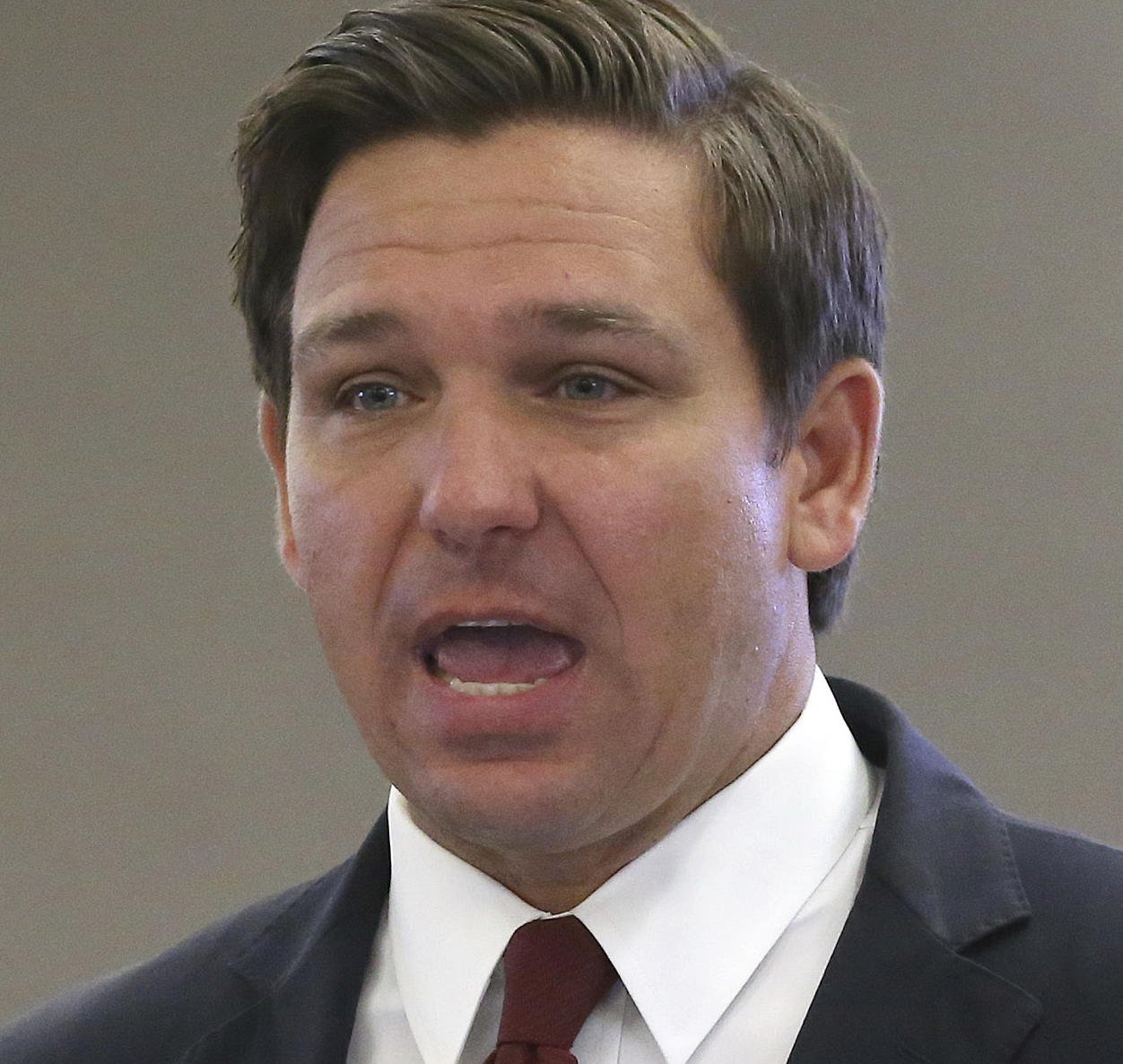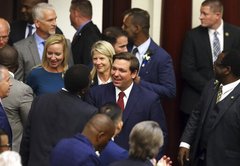Address teacher shortages
Ron DeSantis
"To help recruit the best teachers, Ron DeSantis will work with the Legislature to expand programs that incentivize top educators to teach in Florida and to develop programs that incentivize and reward teachers in more demanding or specialized positions, such as teaching Florida’s special needs students."
DeSant-O-Meter

Stalled

